PURE BREEDS
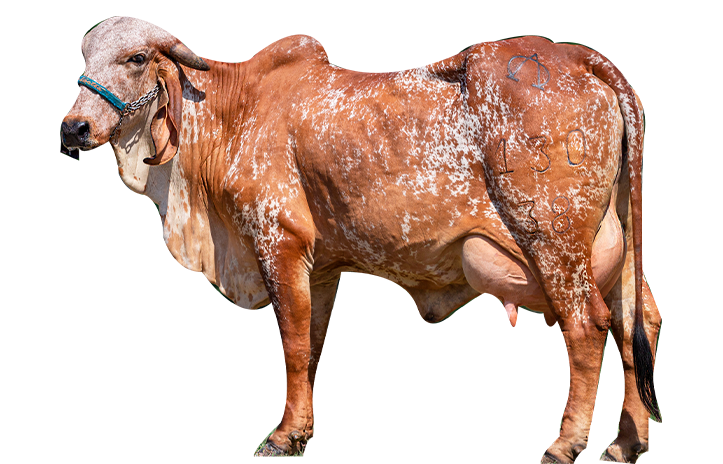
GYR
It comes from the Kathiawar peninsula in India, a region with a very hot climate, very poor and dry soils. The dairy gyr offers the modern rancher the alternative of crossbreeding to produce dual-purpose cattle. This breed of great dairy potential has the ability to survive, grow and reproduce efficiently in our average climate, resisting high temperatures, poor quality forage and diseases. Dairy gyr cows can produce up to 6,000 kg. of milk/year and there is a group of females that have overcome the barrier of 10 thousand and 13 thousand kg
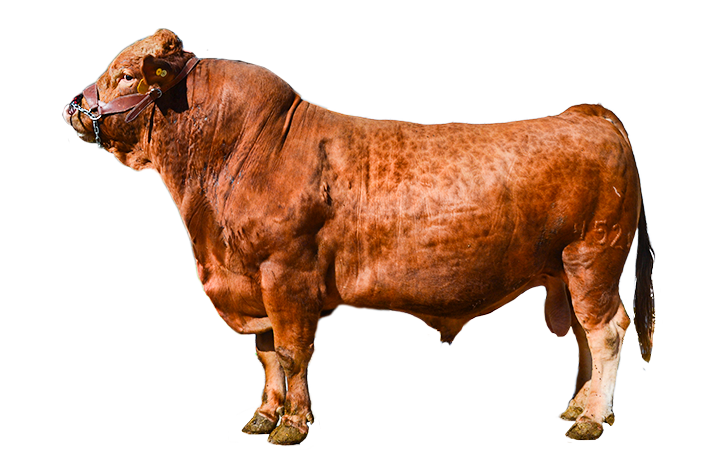
WAGYU
The wagyu breed is native to Japan and does not occur naturally anywhere else. In the 1970s, some Wagyu male specimens were first exported to the United States from Japan. The heavy infiltration of fat is the defining characteristic of this meat. The marbling of fat in meat pieces is called marbling, which is prominent in higher quality cuts. The characteristic shine, color and texture of wagyu meat are also defining its quality. It is very rich in amino acids and unsaturated fats.
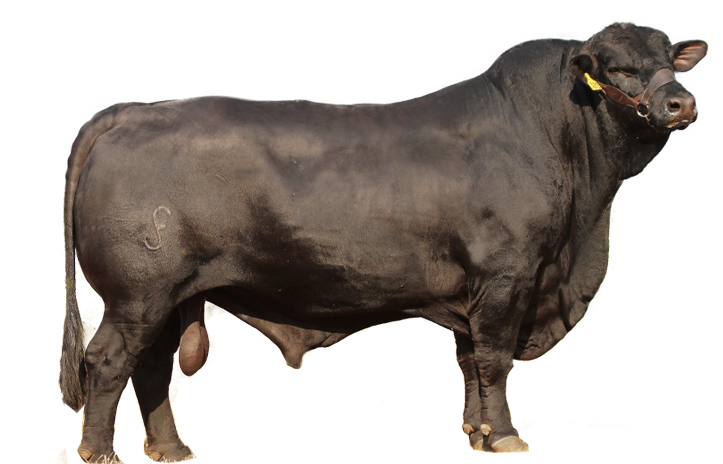
ANGUS
It is a meat-producing breed, with competitive advantages and recognized for its reproductive precocity, calving ease, maternal ability, longevity, birth moles, high weight gain, fertility and excellent milk production, which allows us to obtain magnificent weights at weaning. , as well as a great performance of the carcass and quality of meat, which due to its marble, that is, the fat inside the muscle fibers, makes it more tasty and soft. It is a breed recognized worldwide for the production of high quality meat, which makes it ideal for crossing with other Zebu breeds in order to improve meat conditions in their offspring.
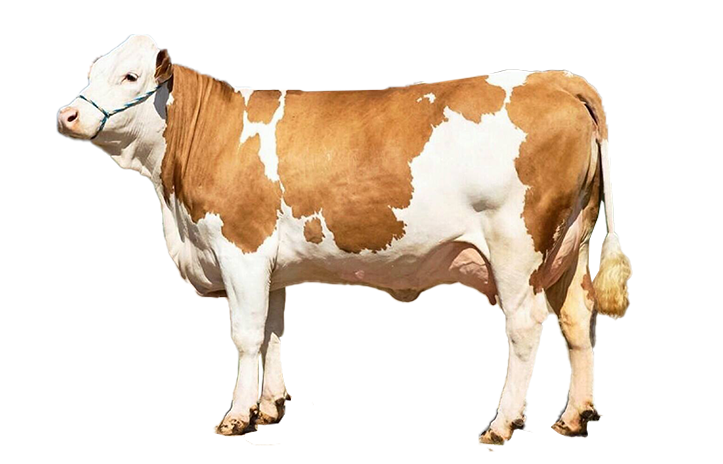
SIMMENTAL
The Simmental cattle breed is the second most popular in the world, although over time it has spread to six continents and it is estimated that there are between 40 and 60 million of this type of cattle in the world. It is a breed of cattle of remarkable corpulence and strength, its skeleton is strong, characteristic of cattle adapted to both mountains and valleys, typical Swiss landscapes and that adapts to different terrains and climatic conditions. Although it is taken into account more to produce meat, its characteristics allow it to be a dual-purpose breed in the livestock sector.
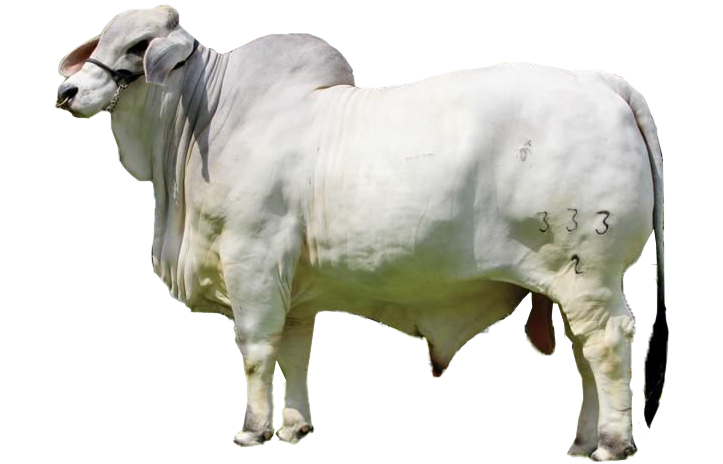
BRAHMAN
The Brahman breed originated from cattle imported into the United States from India. The animals of the Brahman breed constitute the sacred cattle of India. Today Brahman is well established in more than 60 countries around the world. His size is large; broad head; straight profile; short, thick neck with large dewlap; short horns projecting backwards and outwards, short, slightly hanging ears; voluminous belly; tall withers with well developed hump; cylindrical trunk; round leg, well-formed and fleshy thighs; steel gray is preferred and generally the color tends to be darker on the front and back thirds of the bulls.
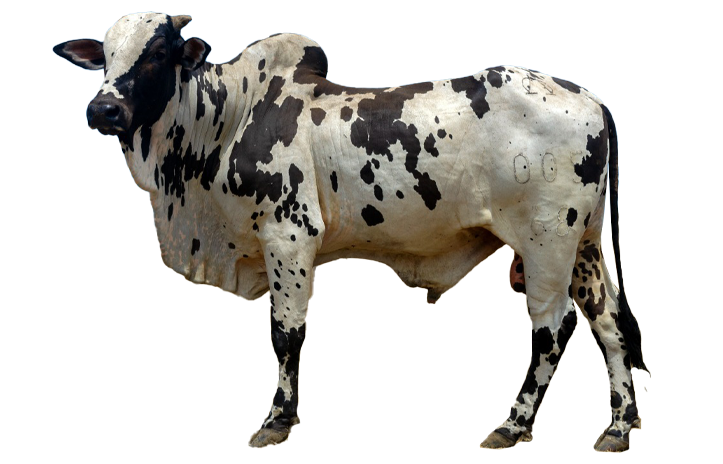
NELORE
It is characterized by being medium to large sized animals, with white, gray and gray-spotted fur, which are found on a much smaller scale. Males have compact and well-developed muscles, with a loosely folded chin, short navel, sheath and slight foreskin. As for the females, they have less developed musculature, as well as the beard. The udder is small, presenting medium sized and very functional teats. The Nelore breed is very lively, light and tame when carefully cared for. It is highly rustic, developing very well in hot climates, and is recommended for extensive farms with poor soils and low-quality pastures.

